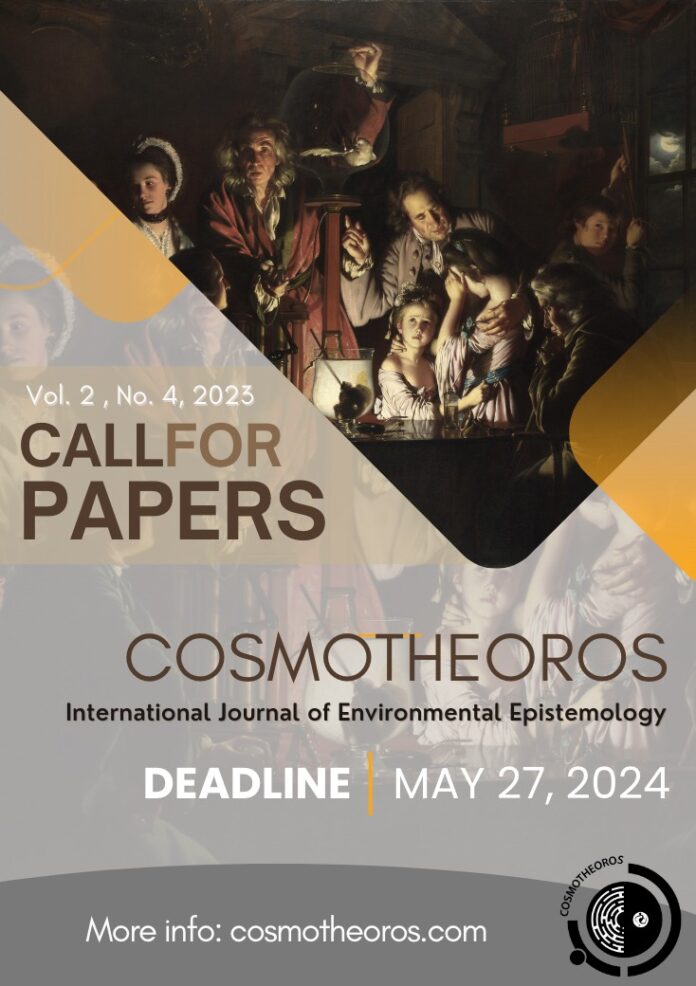CALL FOR PAPERS: THE COSMOS AND THE POSSIBILITY OF A COMPREHENSIBLE MEANING. ON THE ENIGMA OF THE IMPLICIT ORDER IN NATURE
Santiago S. Hernando
Carlos H. Sierra
Nicolás Jiménez Iguarán
We are pleased to announce the call for papers for submitting articles and essays for the fourth special issue of the International Journal of Environmental Epistemology, «Cosmotheoros». In this monographic issue, we will delve deep into the well-known aphorism of Heraclitus that “nature loves to hide” (φύσις κρύπτεσθαι φιλεῖ), exploring the countless and changing ways in which nature has become understandable to natural philosophy—from ancient times to the 19th century—and to science—in the 20th and 21st centuries. In other words, we will address the enduring proclivity to consider nature as the repository of an implicit order, and even a preferred regularity for the construction of the human moral edifice. From this perspective, the specific content selection criteria will be guided by the broadest possible overview, delving into the science-nature relationship from various approaches and perspectives (history, philosophy, religion, metaphysics, epistemology, sociology, symbology, aesthetics, ethics, etc.).
This special issue focuses on the historical, social, and epistemological conditions that make the natural event intelligible. In this sense, attention will first be given to the numerous metaphors and symbolic analogies that, as fruitful hermeneutical tools, have been applied to the natural reality throughout the cultural tradition of Western science. For example, symbolic figures such as identifying nature with a readable book (as recorded in Galileo Galilei’s «Il Saggiatore») manifest the existence of an invaluable expressive code not immediately visible, a rational background that gives order to the seemingly confusing dynamics of events on the surface. Throughout history, from ancient Greek times (through the heyday of natural philosophy to the advent of cutting-edge science), there has been a presumption of a kind of a detectable «inherent quality», whether in physics, astronomy, or biology, a «regularity» (understood in its broadest sense) that makes every phenomenon cognitively apprehensible.
By highlighting a certain natural stability based on the causal chain and mechanisms that make possible, to varying degrees, the «invariance of perspective» on reality, fundamental interpretative foundations are laid for assigning natural behavior the status of law and for considering the structure of the universe (both organic and inorganic) as a complex macro-system. However, this potential opening of nature to human understanding (after historically traversing the veils of fiction surrounding the «pure fact» and overcoming obstacles imposed by subjective consciousness) raises profound questions that have not yet been clearly elucidated. Among them, the issue of the intellectual and ontological status of theory in general and its relationship with its natural correlate or «salience» (Lorraine Daston) stands out. This point raises a broad and heterogeneous range of approaches, from the possibility of absolute identification or intrinsic belonging to «reality» to gradual and imprecise approximation (determinism versus stochastic approach), from the conception of theoretical statements as an exact specular reflection of the real to constituting an artificial construct for managing variables in a kind of «economy of thought» —Ernst Mach— (naturalism, realism, instrumentalism, conventionalism), from having exclusively descriptive function to assuming the existence of a prescriptive quality. Taken to the extreme, some, like Nancy Cartwright, have dared to argue for the falseness of any law associated with nature.
The particular ways in which scientific law or regularity is expressed in the field of biology cannot be overlooked either. The complexity of living processes (including the accidental, factual, and contingent) introduces us to an elusive and constantly changing reality that sets it apart from physics or chemistry (John Dupré, Stephen Jay Gould, etc.).
Finally, alongside the nomological character of reality, this special issue does not exclude debates about the guiding principles (-ἀρχή-) that predetermine the course and behavior of matter (leading even to metaphysical or religious speculations such as the supposed action of a divine legislator—René Descartes, Robert Boyle, Isaac Newton—natural selection, or chance), or, in turn, the problem (repeatedly emphasized since Aristotle) of the supposed inherent purpose, natural teleology, or teleonomy in natural reality.
The International Journal of Environmental Epistemology «Cosmotheoros» invites submissions for this special issue dedicated to nature from the perspective of science, covering philosophical, aesthetic, historical, symbolic, sociological, ethical, epistemological, religious, etc., approaches. The following are some possible topics (though not limiting):
- Metaphors of cosmic order (from the «book» to the «engineering laboratory»).
- Language, limit, and law in the history of science.
- The historical change in order in astronomy: from the cosmos to the universe.
- On the problem of substance and process in living matter (John Dupré and the Stanford school).
- Nominalism, realism, and idealism in the origin of modern science.
- Teleologies in science: from anthropic principles to Gaia hypotheses.
- Natural order beyond Earth: on terraforming, stellar laboratories, and «extraterrestrial civilizations» (from Huygens and Fontenelle to modern astrobiology).
- The problem of morphogenesis in the history of biology and physics.
- The hidden language of nature: number and form (symmetries, fractals, and non-ideal deviations).
- The experimental phenomenology of the law: different worlds, different laws.
- The metaphysical problem of the guiding principle of natural regularity (God, natural selection, autopoiesis, and «the clock and other artificial mechanisms»).
- The multiple order of nature. Traveling through the scale (from micro to macro).
- The predictability of the law and the modeling of the world (from determinism to stochastic laws).
- Degrees of certainty about natural behavior. Orders within the order (chance, chaos, and complexity).
- Reality through the explanatory program of «new mechanism» (Peter Machamer, Lindley Darden, Carl F. Craver, etc.)
- The apostates of scientific law (Nancy Cartwright, etc.).
- The possibility of the reversibility of natural law and «time travel» (entropy, philosophical time, and scientific time).
- The disruption of natural order: on catastrophes, singularities, and teratologies.
Check here our Submission guidelines
The deadline for submitting papers is May 27, 2024, via email to: cosmotheoros.editorial@gmail.com.
For more information, please contact the journal editors:
Carlos Hugo Sierra: carlos.ehu@gmail.com
Nicolás Jiménez Iguarán: nicolasjimeneziguaran@gmail.com


